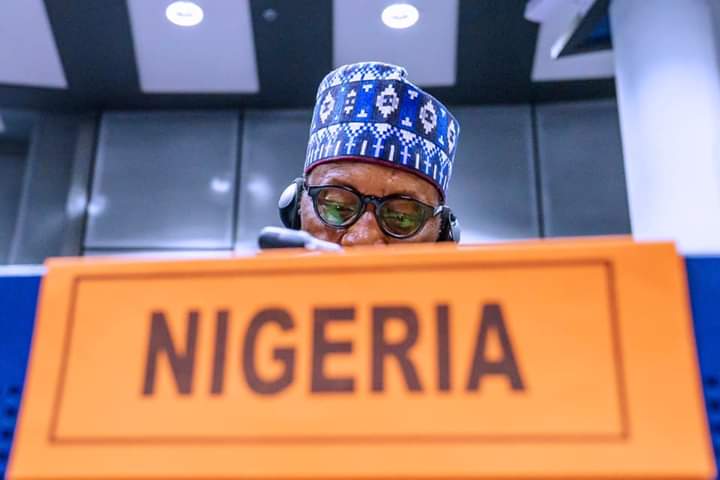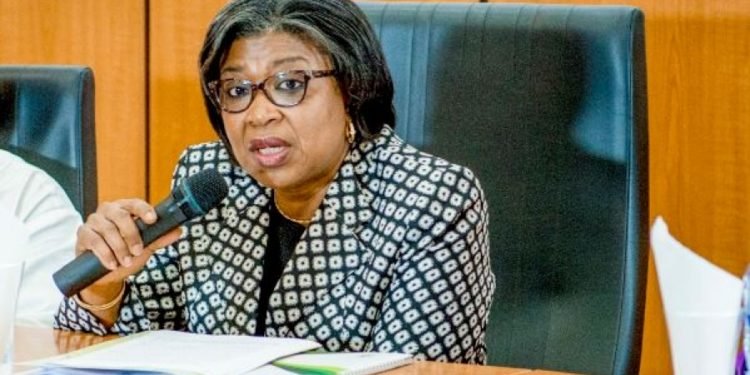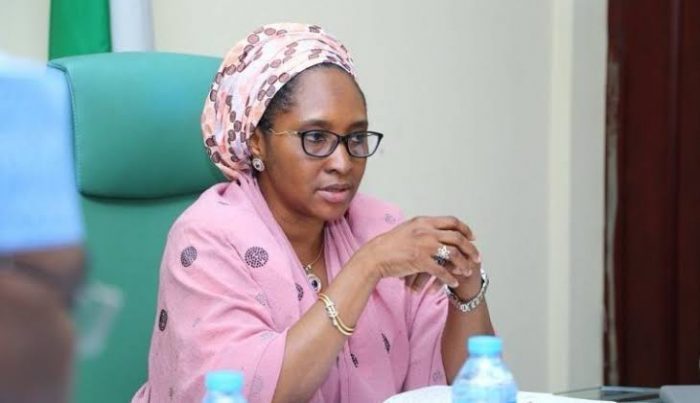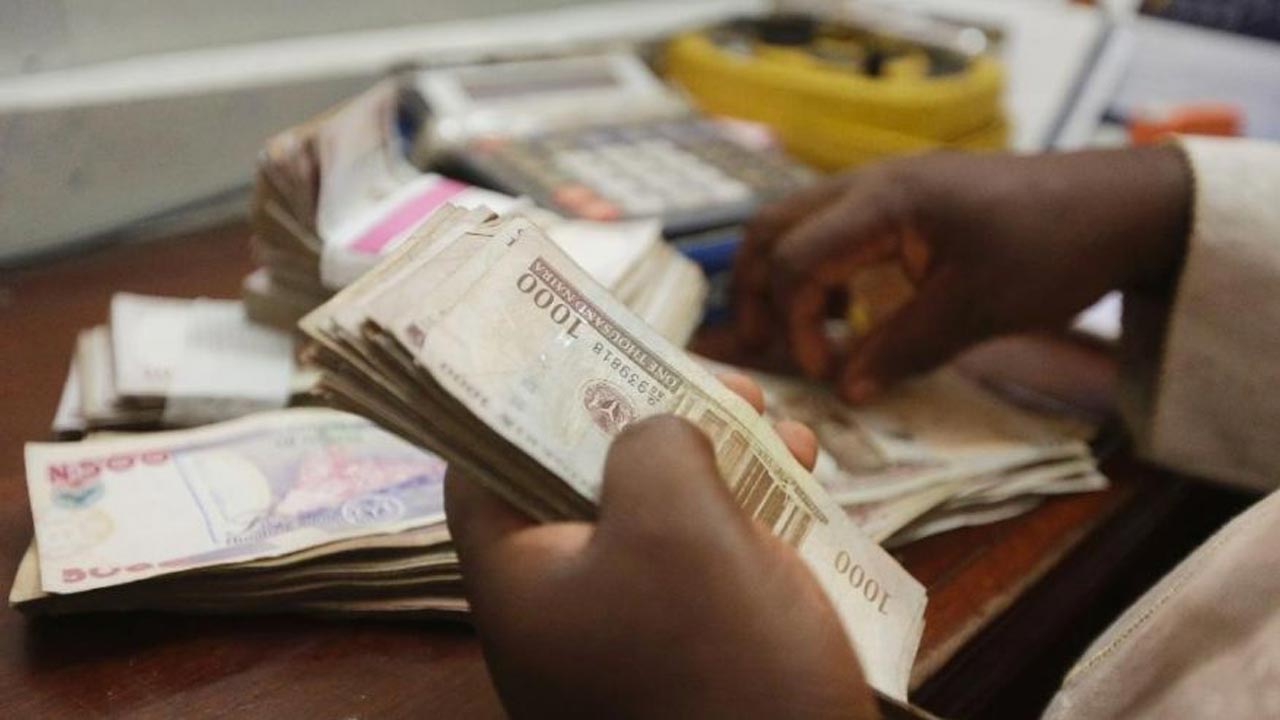The total public debt stock of Nigeria has risen by 8.3% to N31.009 trillion or $85.897 billion as at June 30, 2020 from N28.628 trillion in March 2020.
TheNewsGuru.com (TNG) reports the Debt Management Office (DMO) made this known in a statement it published on Wednesday.
According to the DMO, the figure comprised the total debt stock of the federal government, the 36 State Governments and the Federal Capital Territory (FCT).
It ascribed the rise to the USD3.36 Billion Budget Support Loan from the International Monetary Fund, New Domestic Borrowing to finance the Revised 2020 Appropriation Act including the issuance of the N162.557 Billion Sukuk, and Promissory Notes issued to settle Claims of Exporters.
It also stated that the figure could rise further when the balance of the new borrowing is raised for the implementation of the current budget.
The statement reads, “The Debt Management Office (DMO) has released information on the Public Debt Stock as at June 30, 2020.
“The data shows that in Naira Terms, the Total Public Debt Stock which comprises the Debt Stock of the Federal Government, the 36 State Governments and the Federal Capital Territory stood at N31.009 Trillion or USD85.897 Billion.
“The corresponding figures for March 31, 2020 were N28.628 Trillion or USD79.303 Billion.
“The increase in the Debt Stock by N2.381 Trillion or USD6.593 Billion was accounted for by the USD3.36 Billion Budget Support Loan from the International Monetary Fund, New Domestic Borrowing to finance the Revised 2020 Appropriation Act including the issuance of the N162.557 Billion Sukuk, and Promissory Notes issued to settle Claims of Exporters.
“The DMO expects the Public Debt Stock to grow as the balance of the New Domestic Borrowing is raised and expected disbursements are made by the World Bank, African Development Bank and the Islamic Development Bank which were arranged to finance the 2020 Budget.
“It will be recalled that the 2020 Appropriation Act had to be revised in the face of the adverse and severe impact of COVID-19 on Government’s Revenues and increased expenditure needs on health and economic stimulus amongst others.
“Additional Promissory Notes are expected to be issued in the course of the year, this, and new borrowings by State Governments are also expected to increase the Public Debt Stock”.




